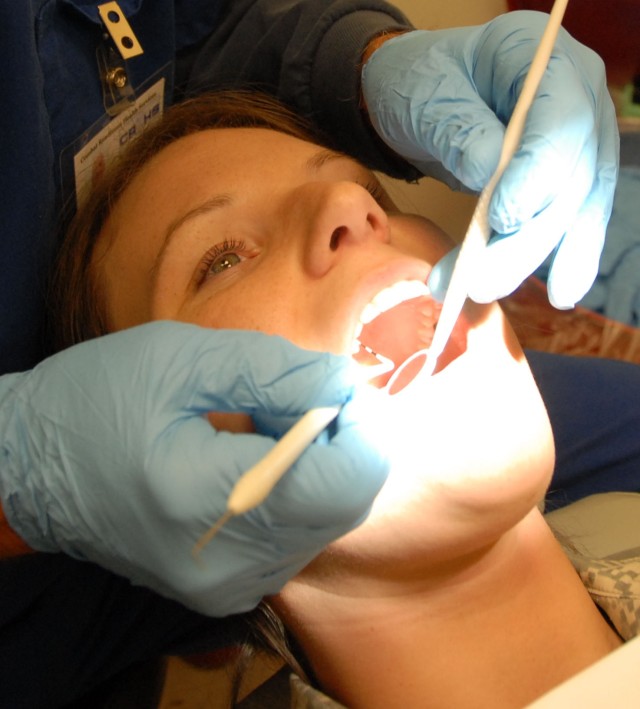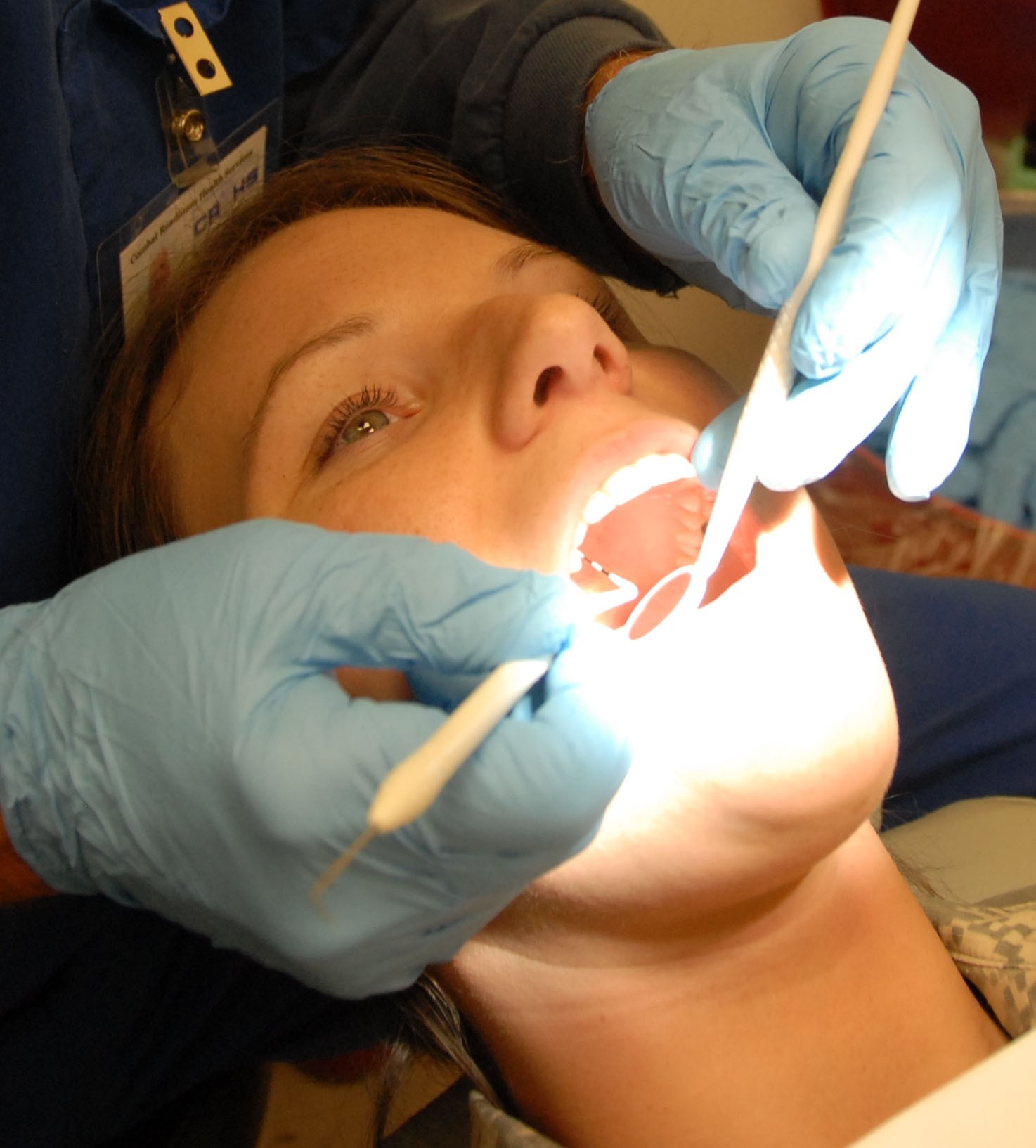
FALLS CHURCH, Va. (Army News Service, March 15, 2010) -- The percentage of Army Guardsmen who are medically deployable is below the 75 percent goal set by the Department of Defense, and the Guard's Office of the Surgeon General is determined to improve it.
"We consistently run anywhere between 45 percent and 50 percent," said Maj. Gen. Deborah C. Wheeling, the deputy surgeon general for the Army National Guard. "There are challenges, but there is the capacity to do it if we can get senior leadership -- line leadership -- involved and emphasizing medical readiness."
Traditional Guard members can benefit from a congressionally authorized TRICARE Reserve Select, or TRS, comprehensive medical insurance plan.
"TRS offers coverage comparable to most civilian health insurance plans at a below-average cost," Wheeling said.
DoD pays 72 percent of the costs, and the amount the Soldier is responsible for is $49.52 for individual Soldiers and $195.67 for family.
Congress instituted TRS realizing that many Guardmembers lacked viable insurance programs.
"Based on data from 2008, anywhere between 60 percent and 70 percent of National Guard Soldiers have health care coverage," Wheeling said. "But that means that we have anywhere from 20 percent to 40 percent that do not."
She described TRS as a viable and competitive health insurance program that is aggressively seeking to expand acceptance by providers.
While the percentage of medically ready Soldiers is below where National Guard leaders want to see it, at least part of the cause is the unique structure of the National Guard.
"Number one is access to care and authorization for care ... hence the TRS program," Wheeling said. "One of the things that impact us significantly is the fact that we are such a dispersed force. Not only our Soldiers, but our Soldiers' families do not participate in the same kind of community support that there is on post."
She added that significant outreach has been conducted with Soldier and family support centers throughout the country.
National Guard members, who attend monthly drills and annual training between deployments, have limited opportunities to fulfill annual requirements such as dental, vision and hearing checkups.
"It's a Soldier's individual responsibility to maintain their health and well-being," Wheeling said. "The Army and the Department of Defense offer us a number of mechanisms in which to do that ... but individual Soldier responsibility for their own well-being is critical in terms of ensuring that we have a force that's ready to deploy."
Well-being includes maintaining healthy body weight, physical fitness, smoking cessation and following prescribed medical regimens, she said.
There are several Guard initiatives to help Soldiers be medically ready.
First, the Guard is studying the possibility of adding two additional training days to the calendar each year that will be medical-centric, Wheeling said.
"The hope is that we can then coordinate to see every Soldier every year on those two days and increase our readiness that way," she said, adding that the Guard also is looking at working more closely with the active duty Army to fulfill medical requirements.
The Decade of Health program focuses on a different health promotion theme each year. This year's theme is Resilience, which includes dealing with stress constructively.
"Resiliency would be the ability to cope with stressful situations and come through those situations a better person and not someone who has had to sacrifice too much of oneself in that stress," Wheeling said.
The Selective Reserve Dental Readiness System is a relatively new program that allows health specialists to see Guardmembers annually for dental screening. It has helped to boost dental readiness to the 60 - 65 percent range, Wheeling said.
"Readiness means you are deployable and available to train," Wheeling said. "Readiness also means you are fully medically ready, to include a current periodic health assessment and dental exam, you have a current will in place, your family is enrolled in the Defense Enrollment Eligibility Reporting System, you have updated your Servicemembers' Group Life Insurance and you take care of your family and yourself."
Individual responsibility also means attending to non-line of duty injuries such as sports injuries.
"It's a Soldier's responsibility to make sure that those things are taken care of, that they receive the appropriate medical attention, so they can maintain their full medical readiness."

Social Sharing